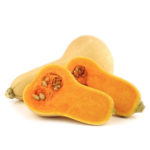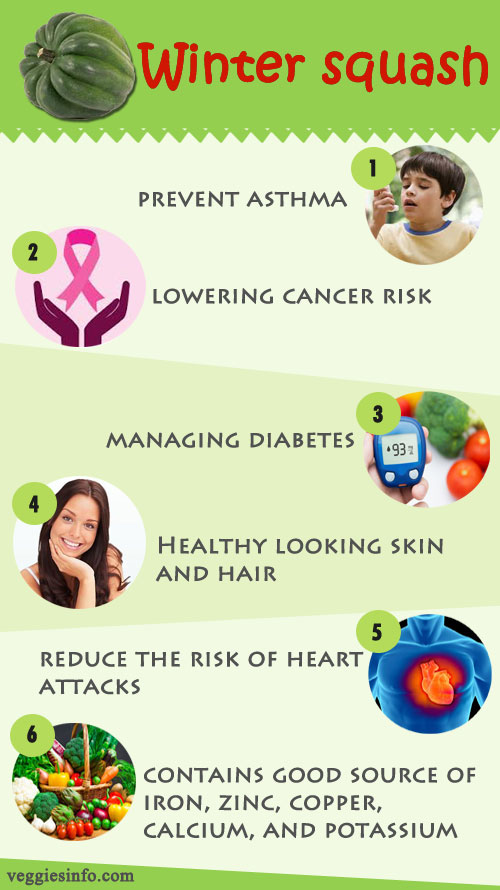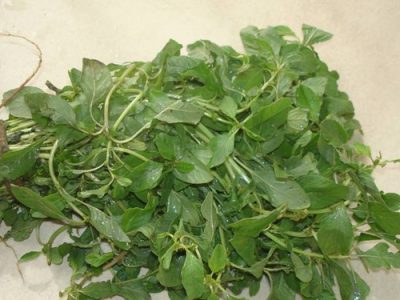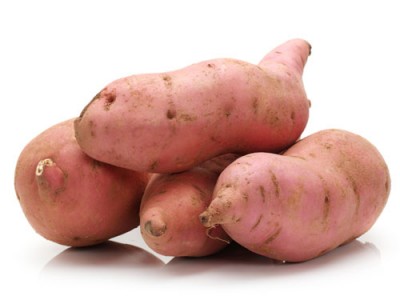
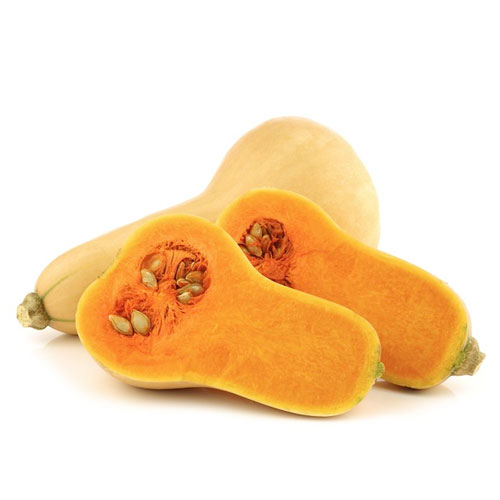
Winter Squash – Uses , Benefits , Nutrition
Winter Squash-Cucurbita maxima
Winter squash belongs to Cucurbita genus and is annual growing plant. The botanical name for winter squash is Cucurbita maxima. This food has a longer shelf value when compared to that of summer squash and is normally eaten only after peeling out the skin and scooping out the seeds followed by cooking. This food is also recognized as one of the super foods lately. Cultivars of winter squash that are round and orange are called pumpkins. In New Zealand and Australian English, the term “pumpkin” generally refers to the broader category called “winter squash”.
Winter Squash Nutrition Facts
- Winter squash is also known for is Cancer Prevention Properties.
- Winter squash has the property that transforms good health to fit health.
- Helps in lowering the cholesterol levels in the blood.
- The risk of heart attack and strokes is highly prevented by consuming winter squash.
- It has vitamin A and it promotes Healthy Eye Sight.
- Contains good source of iron, zinc, copper, calcium, potassium, and phosphorus.
Winter squash comes in different shapes sizes and sometimes in an array of colours but what makes it stand apart from the rest of the vegetables is its nutrition value.
Winter Squash Health Benefits
- Prevent asthma.
- Lowering cancer risk.
- Managing diabetes.
- Healthy looking skin and hair.
- Good for Your Eyes.
| Principle | Nutrient Value | Percentage of RDA |
| Energy | 45 Kcal | 2% |
| Carbohydrates | 11.69 g | 9% |
| Protein | 1.0 g | 2% |
| Total Fat | 0.1 g | 0.5% |
| Cholesterol | 0 mg | 0% |
| Dietary Fiber | 2 g | 5% |
| Vitamins | ||
| Folates | 27 µg | 7% |
| Niacin | 1.200 mg | 8% |
| Pantothenic acid | 0.400 mg | 8% |
| Pyridoxine | 0.154 mg | 12% |
| Riboflavin | 0.020 mg | 2% |
| Thiamin | 0.100 mg | 8% |
| Vitamin A | 10630 IU | 354% |
| Vitamin C | 21 mg | 35% |
| Vitamin E | 1.44 mg | 10% |
| Vitamin K | 1.1 µg | 1% |
| Electrolytes | ||
| Sodium | 4 mg | 0.5% |
| Potassium | 352 mg | 7% |
| Minerals | ||
| Calcium | 48 mg | 5% |
| Copper | 0.072 mg | 8% |
| Iron | 0.70 mg | 9% |
| Magnesium | 34 mg | 9% |
| Manganese | 0.202 mg | 1% |
| Phosphorus | 33 mg | 5% |
| Selenium | 0.5 µg | <1% |
| Zinc | 0.15 mg | 1% |
| Phyto-nutrients | ||
| Carotene-a | 834 µg | — |
| Carotene-ß | 4226 µg | — |
| Crypto- xanthin-ß | 3471 µg | — |
| Lutein- zeaxanthin | 0 µg | — |
Cholesterol is used in the production of bile acids by reducing the cholesterol formation in the blood. The presence of vitamin A and C helps in preventing the blood from being oxidised, thus preventing the cause of atherosclerosis. Amino acid breaks down to form homocysteine, a dangerous compound that causes blockage in the heart, leading to cardiovascular disease. Winter squash is rich in folic acid, which controls the formation of homocysteine. The anti-oxidants present in Vitamin A and C and the dietary fibre are present in winter squash that help in de-rooting the carcinogenic substances in the body. Carcinogenic substances in the body are the cause of malignant cancers such as colon cancer, lung cancer, and breast cancer. Blood sugar levels can be controlled by consumption of summer squash as it has an abundance of zinc, magnesium, fibre, and pectin that break the sugar in the blood stream, keeping it under control. A good vision has become increasingly difficult to attain as people spend the majority of their time glued to televisions, computer screens, or their latest smart phones.
This vegetable has vital vitamins such as Vitamin A, which forms a substance called alpha-carotene, an anti-aging property good for freckled skin as it produces collagen that makes your skin look youthful and smooth. Speaking of good skin, vitamin E also contributes to great skin as it protects the skin against skin damage caused by harmful rays of the sun. Vitamin C found in winter squash is popular for its ability to boost the immunity of your body and strengthen bones. Apart from these nutrients, winter squash consists of many minerals that meet the daily needs of the body.
How To Enjoy Winter Squash
Winter squash can be pureed in a smooth thick liquid and should be paired with cinnamon and maple syrup for a winter soup. Sizeable pieces of winter squash can be added to soups to give it a crunchy texture and something to munch upon.

